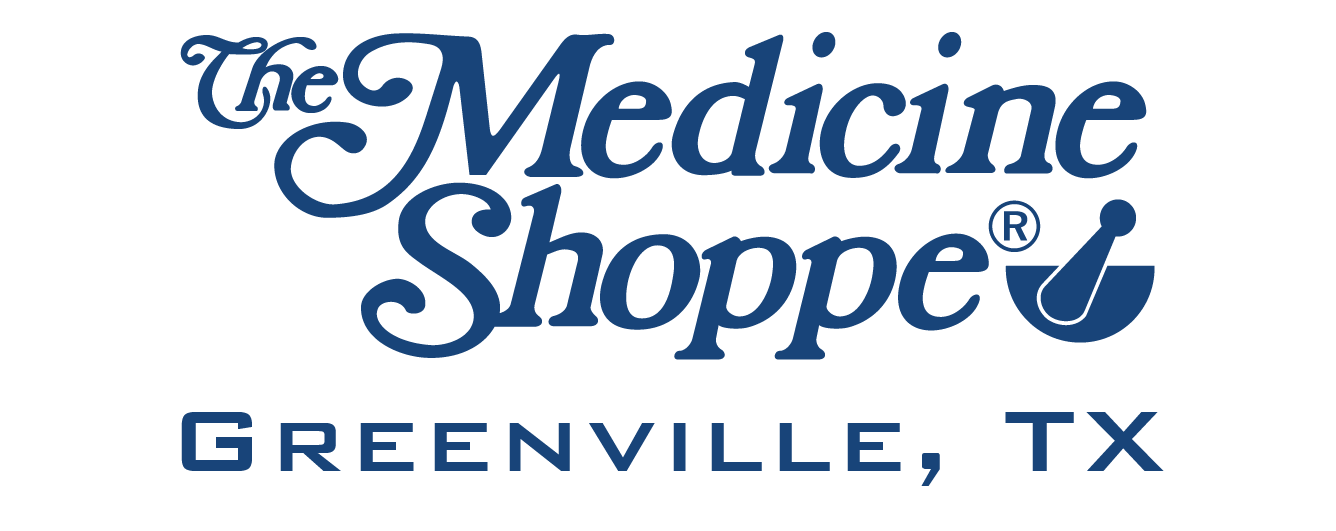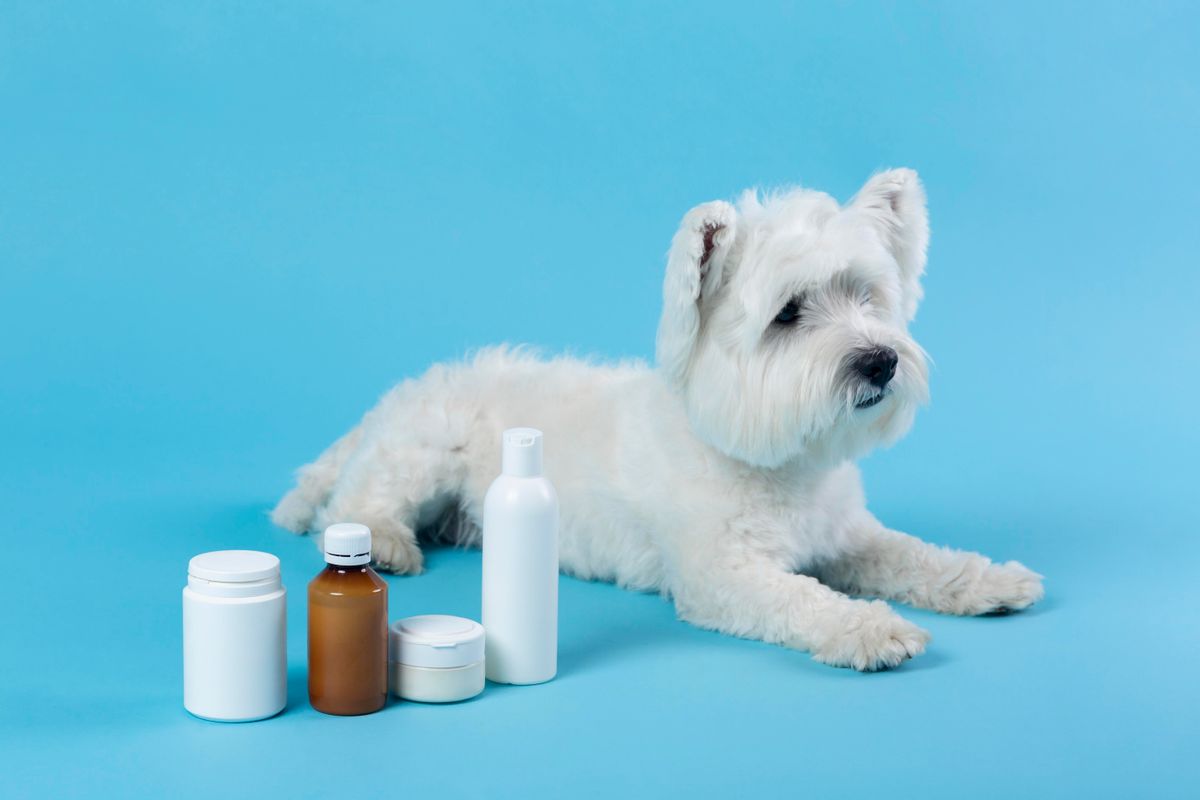When it comes to keeping our pets healthy, compounding plays a vital role. Pets, like humans, sometimes need medications that are not readily available in the exact form or strength required. That’s where compounding comes in. It allows pharmacists to create custom medications that perfectly fit the needs of different animals, whether it's a dog's special dosage or a bird's preferred flavor.
Compounding is especially important because each animal is unique. You might have a cat that absolutely refuses pills or a dog with precise dosage needs. Compounded medications ensure that pets receive the correct amount of medicine, often flavored to make it easier for them to take. This way, pets can get the health care they deserve without the struggle.
For pet owners, knowing that compounding offers solutions tailored to their furry friend's needs is both comforting and practical. It's all about finding what works best for each pet, ensuring they get back to being their playful selves, without any fuss over medicine.
Understanding Veterinary Compounding
Veterinary compounding is a process where pharmacists create customized medications tailored to the specific needs of animals. Unlike humans, animals cannot always use off-the-shelf medications. They come in various shapes, sizes, and species, each having unique medical needs and preferences. Compounding provides a solution by allowing pharmacists to adjust the form, dosage, and flavor of medications, making them suitable and easier for different animals to consume.
One of the key benefits of compounding is its flexibility in addressing challenges that standard medications cannot solve. Many animals refuse conventional forms of medication like pills or tablets, leading to missed doses and ineffective treatment. Compounding helps by transforming these medications into more appealing formats such as flavored treats, liquids, or topical creams that are much easier for animals to take or apply.
Furthermore, compounding is important for animals that need medication in dosages not available in pre-manufactured forms. This is crucial when treating pets like small dogs or cats, where precise dosing is necessary to avoid adverse effects. The ability to customize medications ensures that veterinarians can provide better, more accurate care to their animal patients, addressing each animal's particular health challenges efficiently.
Common Veterinary Compounded Medications
Compounding offers a variety of medication options that can be tailored to meet the diverse needs of different pets. Here are some commonly compounded veterinary medications and their uses:
Pain Relievers: Special formulations for pets recovering from surgery or experiencing chronic pain.
Antibiotics: Customized doses for small animals, ensuring they receive just the right amount.
Anti-inflammatories: Topical creams or gels for easy application on pets with joint issues.
Hormonal Treatments: Specific doses prepared for pets requiring thyroid or other hormonal adjustments.
Seizure Medications: Tailored for animals requiring non-standard strengths or forms.
Compounding corrects issues like dosage inconsistencies and flavor preferences. For instance, a medication that tastes bitter or unpleasant to a dog can be modified into a chicken-flavored liquid, making it far more palatable. Similarly, for cats who notoriously dislike taking pills, medicines can be compounded into fish-flavored chewable or topical gels that are absorbed through the skin.
By providing these customization opportunities, compounding ensures effective treatment adherence and a more comfortable experience for both pets and their owners. This versatility in compounding meets the varied requirements of animals, making it a valuable resource in veterinary healthcare, ensuring that all pets, regardless of their size or temperament, receive the proper care they need.
Customizing Medications for Different Animals
Each animal has its own quirks and needs, making the customization of medications a vital part of veterinary care. Compounding allows veterinarians to tailor medications specifically for these individual requirements. This customization involves adjusting not just the dosage but also the form and flavor of medications to ensure they are suitable for the particular animal receiving them.
For instance, medications can be converted from pills into liquid forms for pets that have trouble swallowing, like small dogs or cats. Birds and rabbits, on the other hand, may need flavored formulas that go into their water or food to encourage them to take their medicine without fuss. Additionally, topical applications can be compounded for pets with skin conditions, allowing medicine to be applied directly where it is needed.
Adapting forms and flavors is crucial. Cats maybe more receptive to tuna or chicken-flavored medications, whereas dogs might prefer something beef or peanut butter-flavored. Even large animals, like horses, can benefit from compounding by receiving medications infused into apple-flavored pellets. These small adjustments go a long way in ensuring that pets, regardless of their species or size, can receive effective treatments comfortably and willingly.
Choosing the Right Pharmacy for Veterinary Compounding
Selecting the right pharmacy is essential to ensure your pets get the best-compounded medications. Not every pharmacy specializes in veterinary compounding, so it’s important to choose one with proven expertise in this area. Here are some tips to guide you in this process:
Check Credentials: Look for a pharmacy that is properly licensed and has experienced pharmacists with a background in compounding for animals.
Seek Recommendations: Ask your veterinarian for pharmacy recommendations they trust, as they likely have experience working with good centers.
Review Services: Consider whether the pharmacy offers a wide range of products and delivery methods, as flexibility is important for meeting diverse animal needs.
Consult Availability: Ensure they are open to consultations or calls for questions, so you can easily communicate about specific needs or adjustments.
Working with an experienced compounding pharmacist is crucial for pet safety. These professionals understand the unique challenges in medicating pets and ensure that the compounded preparations are safe, effective, and tailored to your pet’s exact needs. This partnership enables seamless continuity in your pet’s healthcare, ensuring that the medications they require are always within reach.
Compounding Services at Greenville Medicine Shoppe
Compounding for veterinary medications is a valuable tool in providing exceptional care for your animal companions. By customizing dosages, flavors, and forms, compounding bridges the gap between standard medication options and your pet’s unique needs. This specialized approach ensures that your pet receives the most effective treatment, making medication time less stressful and more enjoyable.
When you choose the right compounding pharmacy, you ensure your pet's safety and comfort. This decision enhances the quality of care your pet receives and contributes significantly to their overall health and happiness. Relying on skilled compounding pharmacists allows you to address any health issues your pet faces confidently, knowing that their precise requirements are being met with care and expertise.
Greenville Medicine Shoppe is here to assist you with all your pet compounding prescription needs. Our expert pharmacists are dedicated to ensuring that your pets receive the best possible care tailored to their individual requirements. Whether you need a specific formulation or advice on your pet’s medication, contact us today to learn how we can help you provide the attentive care your furry friend deserves.

